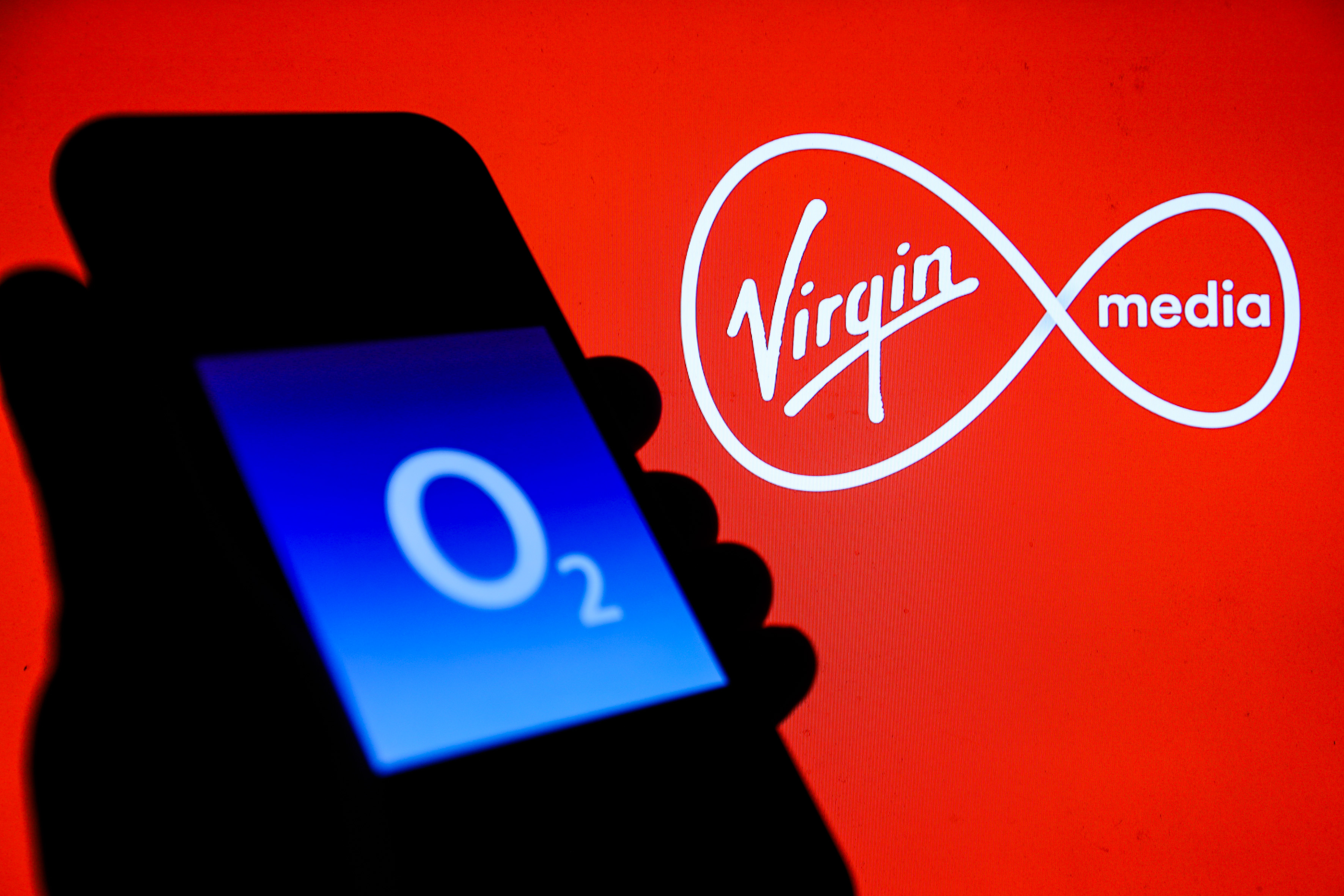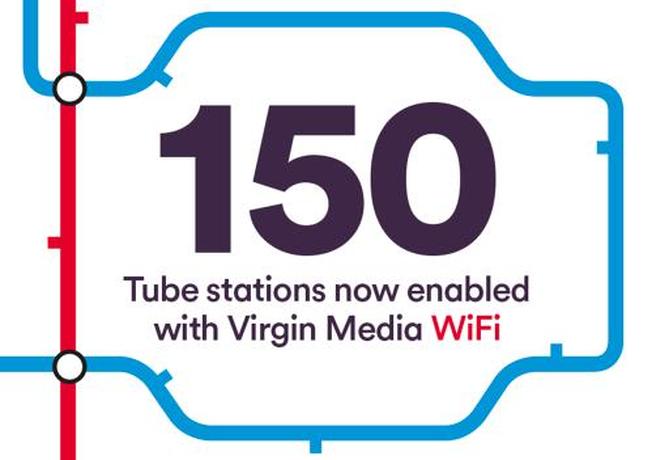Staying connected cuts stress for tech addicts
A new study by Virgin Media suggests we get a bit anxious when we're not constantly connected to our friends and family.


That co-worker obsessively checking his BlackBerry may seem stressed, but he might actually be relaxing.
That's the latest theory about how tech affects our lives, this time according to a new report from Virgin Media whose bottom line would certainly not be stressed if we all stayed connected all of the time.
According to the report, two thirds of the UK wants to be connected to technology in some way all of the time, with 35 per cent of us seeing a reduction in stress when we're logged on.
Apparently, we get stressed out when we can't have instant access to our family, friends and work, and become anxious when we can't count on technology to help us figure out where we're going, connect with a potential mate, or find a bargain.
The Future Laboratory researchers who conducted the study dubbed such people "SOSOs" switch on to switch off and noted that many are stay-at-home parents.
"SOSOs know that, even if they wish to take some time out, the modern world will continue without them," said psychologist Nik Simpson in a statement.
"At any moment, an urgent email may ping into an inbox, a client may call, an old friend may get in touch via Facebook or a family member may want to get in touch," he added. "Therefore, to disconnect from technology may mean missing something we cannot afford to. Always being connected actually becomes increasingly essential for peace of mind, further reinforcing SOSO values."
Sign up today and you will receive a free copy of our Future Focus 2025 report - the leading guidance on AI, cybersecurity and other IT challenges as per 700+ senior executives
Freelance journalist Nicole Kobie first started writing for ITPro in 2007, with bylines in New Scientist, Wired, PC Pro and many more.
Nicole the author of a book about the history of technology, The Long History of the Future.
-
 Virgin Media O2 and Daisy Group merge to form O2 Daisy
Virgin Media O2 and Daisy Group merge to form O2 DaisyNews The new firm will start out as the UK’s second-largest small and medium-sized business (SME) solutions provider
-
 How Virgin Media O2 saved “millions” by enhancing data center efficiency
How Virgin Media O2 saved “millions” by enhancing data center efficiencyCase Study Reducing data center power consumption forms part of a broader sustainability drive at the telecoms giant
-
 Medium businesses: Fuelling the UK’s economic engine
Medium businesses: Fuelling the UK’s economic engineWhitepaper A Connected Thinking report
-
 Virgin Media to invest £3bn in UK fibre optic rollout
Virgin Media to invest £3bn in UK fibre optic rolloutNews ISP promises to connect 4m homes to fibre network
-
 EE, Virgin Media & Vodafone back Net Neutrality push
EE, Virgin Media & Vodafone back Net Neutrality pushNews EE, Virgin Media and Vodafone are the latest UK service providers to back Net Neutrality
-
 Virgin Media now offers free Wi-Fi at 150 Tube stations
Virgin Media now offers free Wi-Fi at 150 Tube stationsNews Virgin Media now provides free Wi-Fi in 150 different tube stations across London
-
 Virgin Media trials new digging method to cut fibre rollout costs
Virgin Media trials new digging method to cut fibre rollout costsNews Narrow trenching proposals could make fibre implementation twice as fast
-
 Three to offer free Wi-Fi to customers on the London Underground
Three to offer free Wi-Fi to customers on the London UndergroundNews Joins other mobile operators on Virgin Media-backed network on the tube


